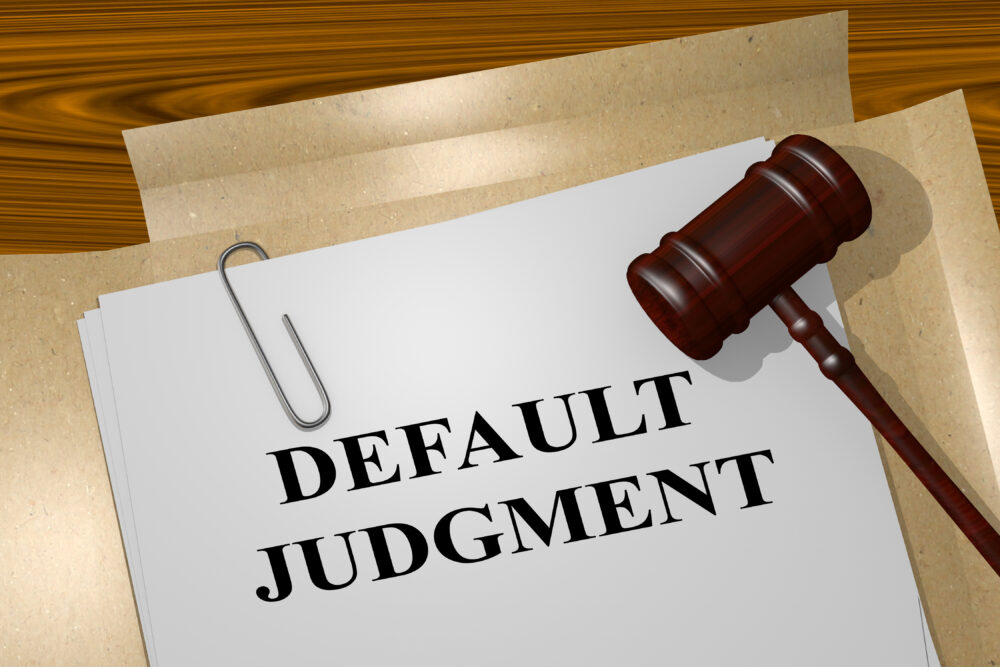Default judgements can be costly for any pro se litigant, and COVID-19 may increase your risk. Learn more about how default judgements work, and how ProAdvocate Group can help you to deal with this kind of situation.

What is a Default Judgement?
A default judgement is a court order that says one party wins because the other party did not participate in the case. It usually occurs when a defendant does not notify the court in writing that they want to participate, or they fail to appear in court on the date when they were supposed to show up. Typically, a court issues an order of default followed by a default judgement.
How Does COVID-19 Increase the Risk of Default Judgements for Pro Se Litigants?
As you might have guessed, default judgements appear to be increasing during COVID-19. Much of this is due to disruptions and delays with mail delivery and processing changes of address. That means a plaintiff may tell the court that you have been served even though you never received the complaint and related paperwork.
How Can Pro Se Litigation Help Protect Me From Default Judgements?
You may have some potential remedies for a default judgement, but you need to act very quickly. For example, in a Circuit Court, you usually have 30 days to file a motion starting from the date the order of default was entered. However, keep in mind that even if you succeed in vacating or amending the default judgement, you may still incur some expenses and damages. Resources such as ProAdvocate Group may be able to help you to minimize your costs and represent yourself more effectively.
If you want to reduce your legal costs and increase your probability of success, contact us at ProAdvocate Group. We are a membership association with expertise in making the law work for you and not against you.
